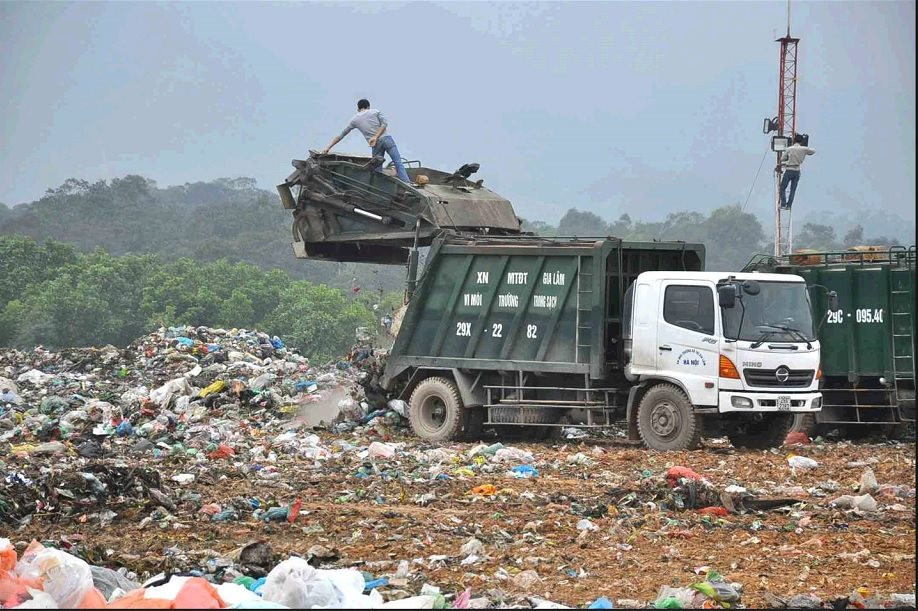
Constant concern about pollution
According to statistics from the Ministry of Natural Resources and Environment , each year in Vietnam, about 1.8 million tons of plastic waste are discharged into the environment. Of the above plastic waste, 0.28 - 0.73 million tons are discharged into the sea, but only 27% of this is recycled and utilized by facilities and businesses. It is worth mentioning that the treatment and recycling of plastic waste is still limited, when up to 90% of plastic waste is treated by burying, filling, burning and only the remaining 10% is recycled.
Mr. Hoang Duc Vuong - Chairman of the Recycled Plastics Association, Vietnam Plastics Association stated that in 2023, Vietnam imported about 7.5 million tons of plastic pellets, while domestically producing about 2 million tons. Thus, the raw materials for producing virgin plastic pellets in Vietnam are about 10 million tons each year. This is a very large number. In recent years, plastic consumption in Vietnam has continuously grown by about 15% per year. Currently, the total output of the plastic industry is about 25 billion USD, and exports in 2023 are about 4.5 billion USD.
According to Mr. Vuong, with the sharp increase in consumption, the amount of plastic waste released into the environment is very large and increases daily. Part of this plastic waste (valuable plastic) is being collected and recycled in craft villages across the country. However, there is still a large amount of plastic waste that is difficult to recycle, has low value such as packaging, nylon bags, single-use plastic... that is not recycled, dumped in landfills, or discharged directly into the environment. According to estimates, Vietnam consumes about 6.2 million tons of plastic each year. This also means that a large amount of plastic waste needs to be treated.
Faced with the above situation, in order to raise awareness among people, especially young people, the Center for Communication on Natural Resources and Environment (Ministry of Natural Resources and Environment) and Lagom Vietnam Joint Stock Company signed a cooperation agreement on implementing environmental protection programs, responding to climate change for sustainable development;educating the experience of plastic recycling machines in schools and communities.
Accordingly, the cooperation program focuses on developing and organizing educational programs on plastic waste recycling experiences in schools and communities in the period of 2024 - 2030 to arouse the potential, passion, awareness, responsibility and obligation of the young generation of Vietnam in protecting the environment, building habits of classifying, collecting and recycling plastic waste. The educational program on experiencing plastic recycling machines in schools and communities is designed with activities: raising awareness of plastic waste through green lessons; students are instructed and practice waste classification at school; directly experience the process of recycling plastic waste into products...
Need timely solution
“Plastic waste pollution, also known as “white pollution”, is one of the global environmental problems. The amount of plastic waste is increasing day by day. If we do not have effective and timely solutions, the negative impacts of plastic waste will become very serious. Therefore, strengthening communication to help the younger generation have direct experiences of the plastic waste recycling process is very meaningful. This will contribute to forming the habit of not using plastic products and classifying waste right from the source,” emphasized Mr. Vu Minh Ly, Deputy Director of the Center for Natural Resources and Environment Communication.
According to the Department of Environmental Pollution Control (Ministry of Natural Resources and Environment), reducing plastic waste requires comprehensive solutions. Increasing propaganda and raising awareness is an important key. It is necessary to change the behavior and attitude of both the community and businesses towards plastic products and plastic waste.
Previously, on June 9, 2019, in Hanoi , the Prime Minister chaired the launching ceremony of the national movement against plastic waste, striving for the whole country to not use disposable plastic products by 2025. Since then, small but practical actions of the community have taken place everywhere, contributing to changing habits and raising awareness from students, people to businesses.
After the Prime Minister launched the "Anti-plastic waste" movement nationwide, small but practical actions of the community took place everywhere, contributing to changing habits and raising awareness from students, people to businesses. Specifically, schools have increased propaganda to build awareness of environmental protection for students through specific actions such as: not using plastic paper to wrap books and notebooks; mobilizing youth unions, schools and people to collect recyclable waste such as cans, plastic bottles, paper boxes... to exchange for green trees or decorative trees. Many ministries, branches and localities have "said no to plastic waste" by using metal water bottles instead of plastic water bottles at conferences and seminars.
Localities have been proactive and creative in promoting the environmental protection movement in the area with many new and creative programs and models to strongly spread practical values and messages about protecting, improving and cleaning the environment.
Source


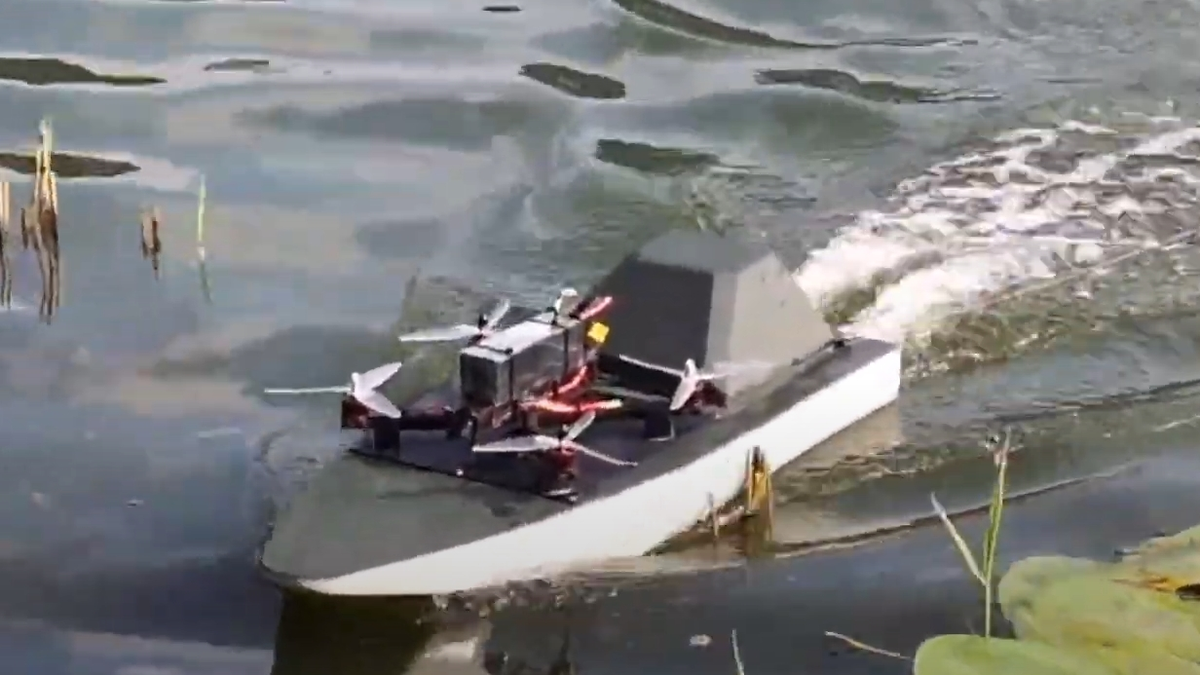
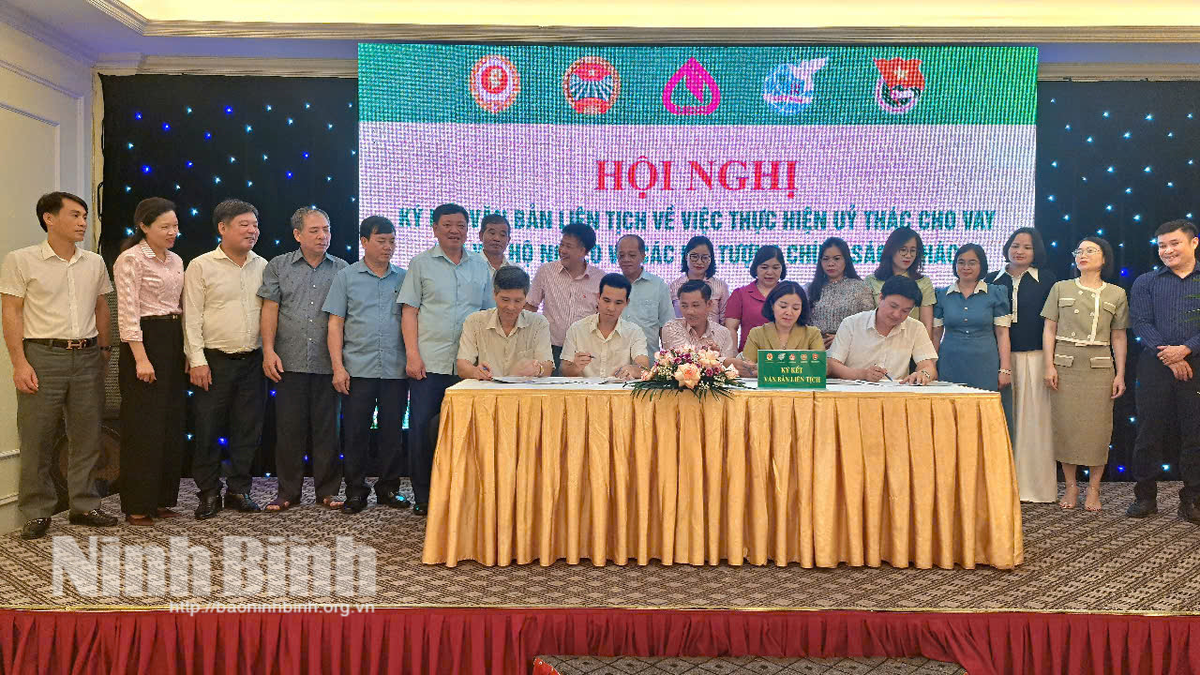

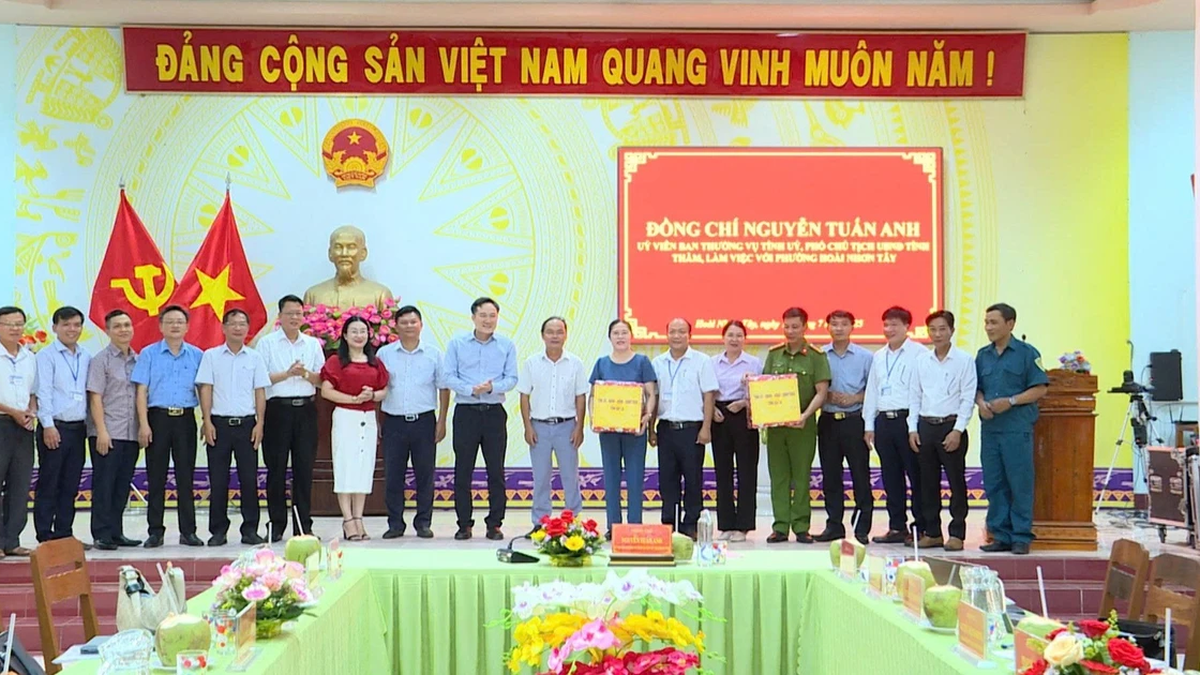
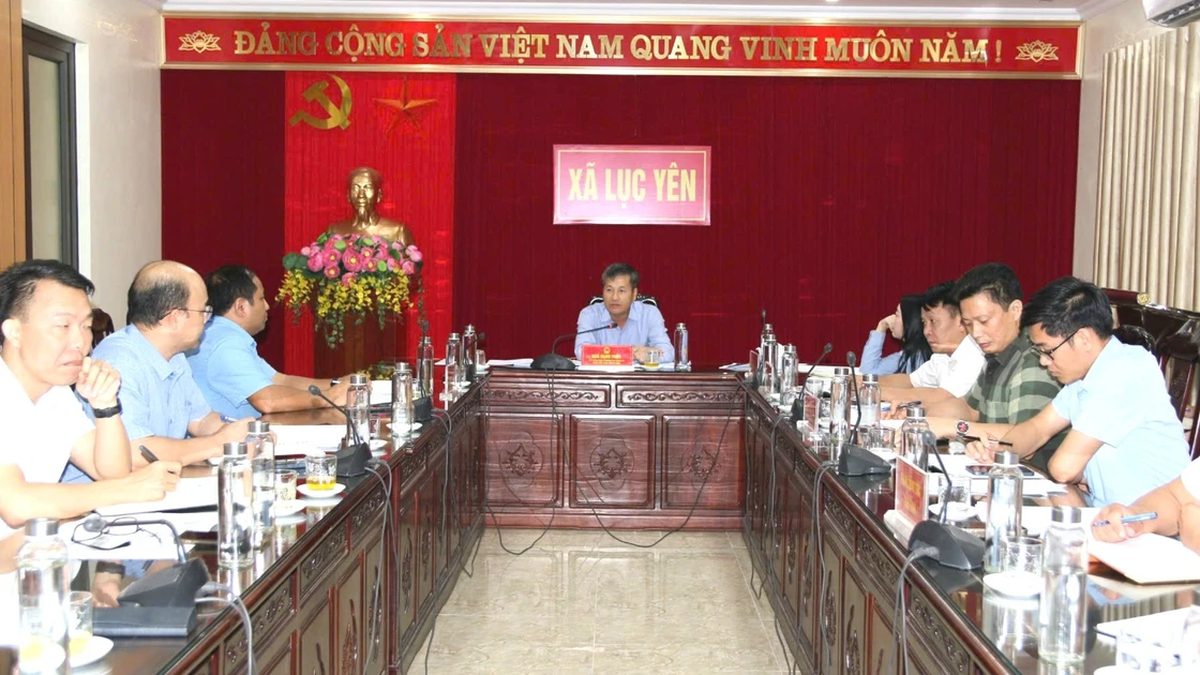
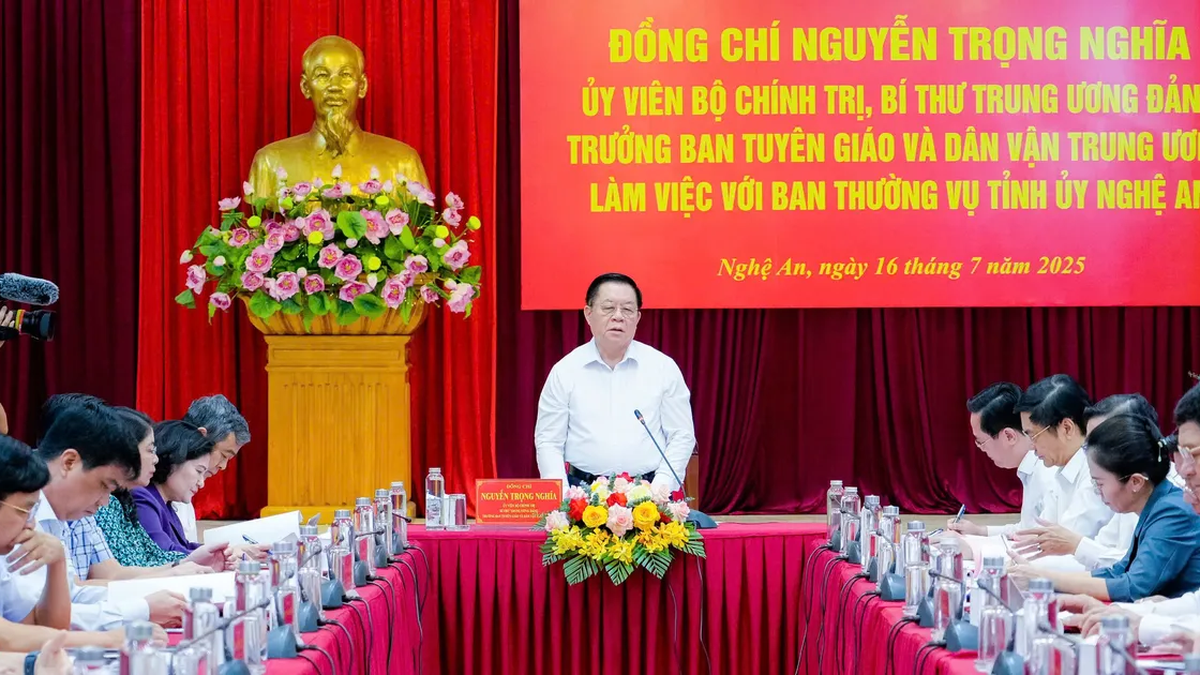
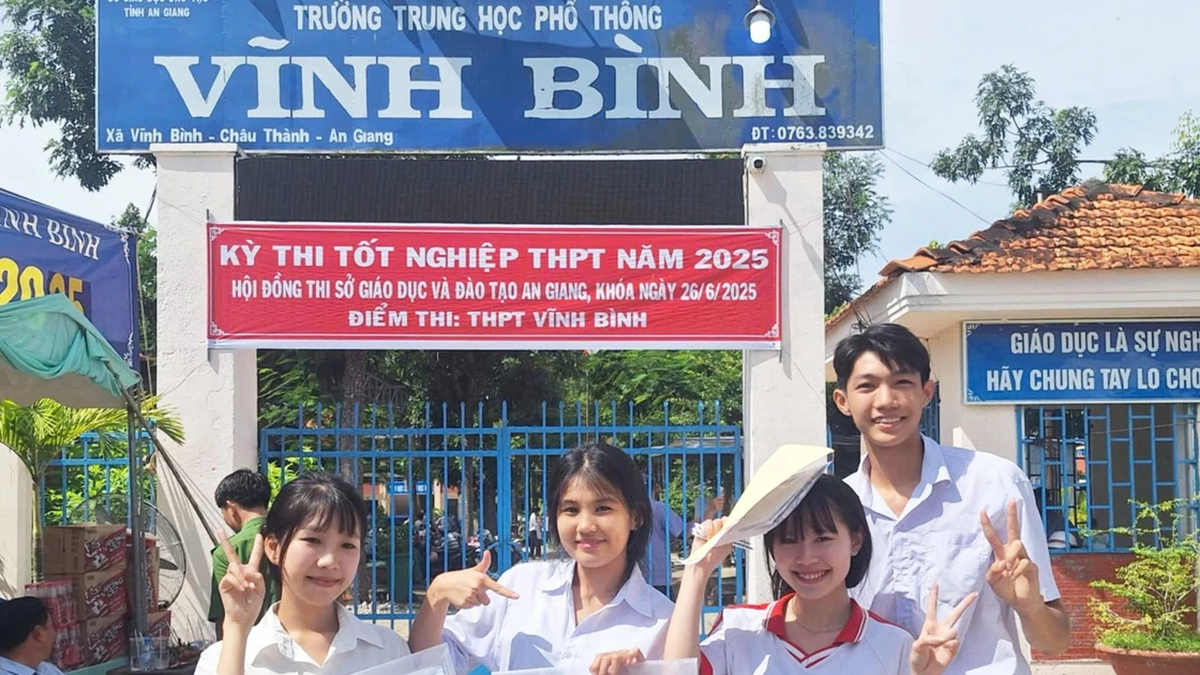
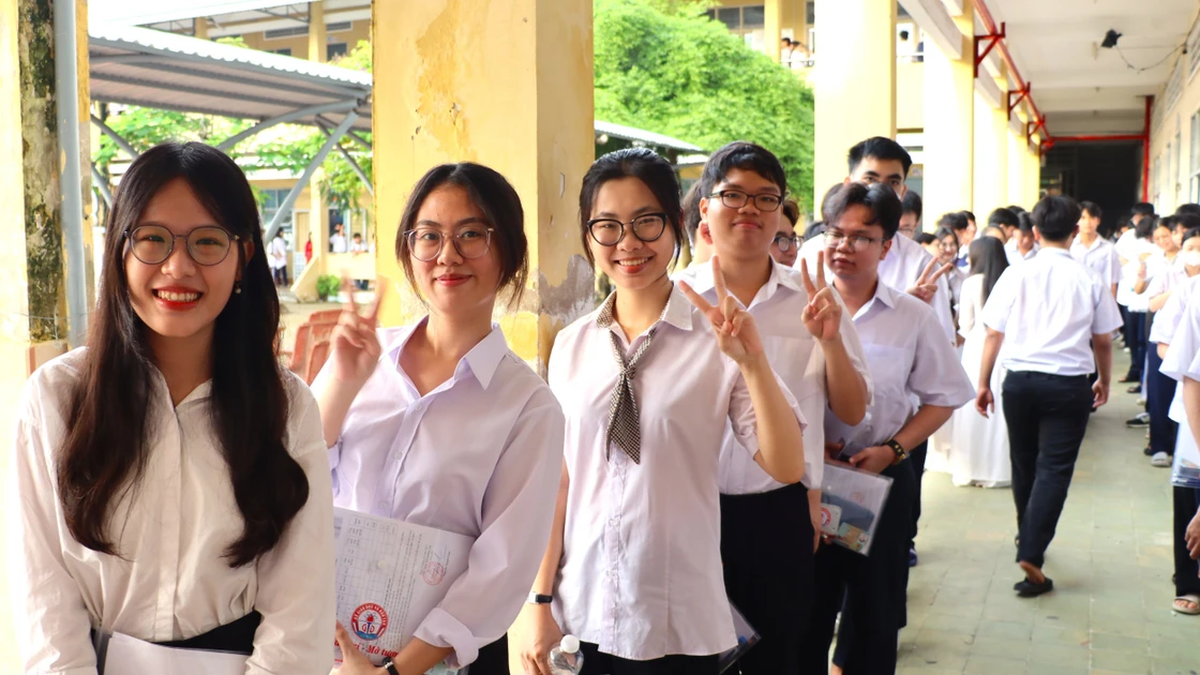
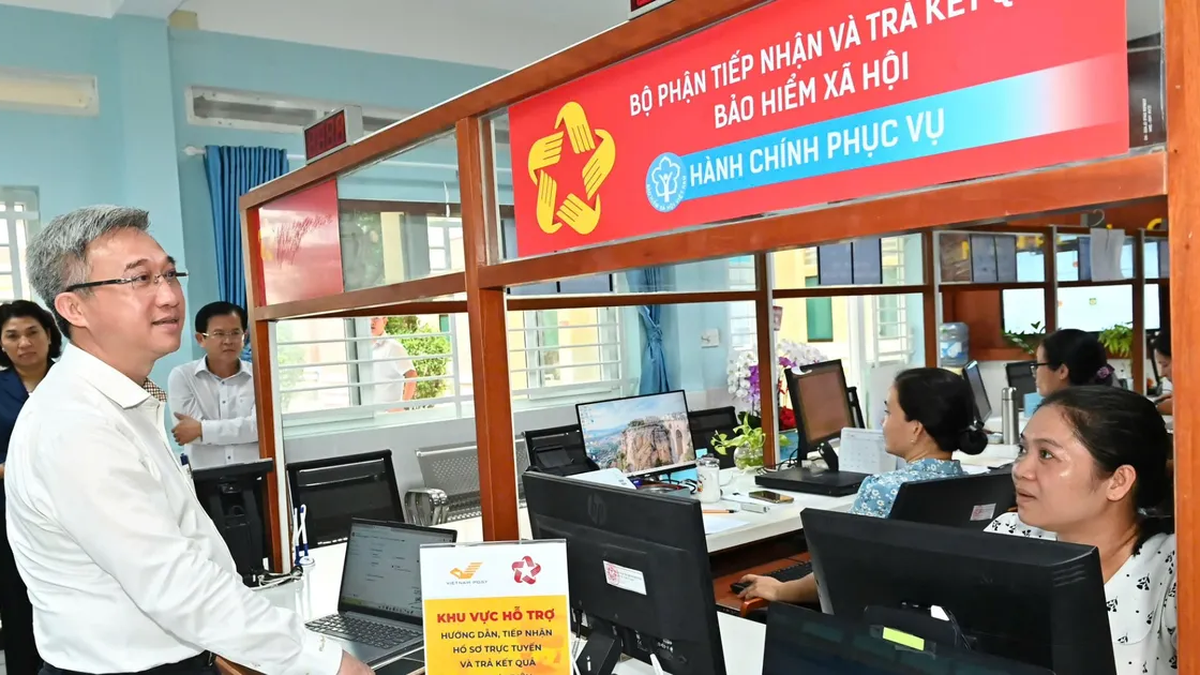
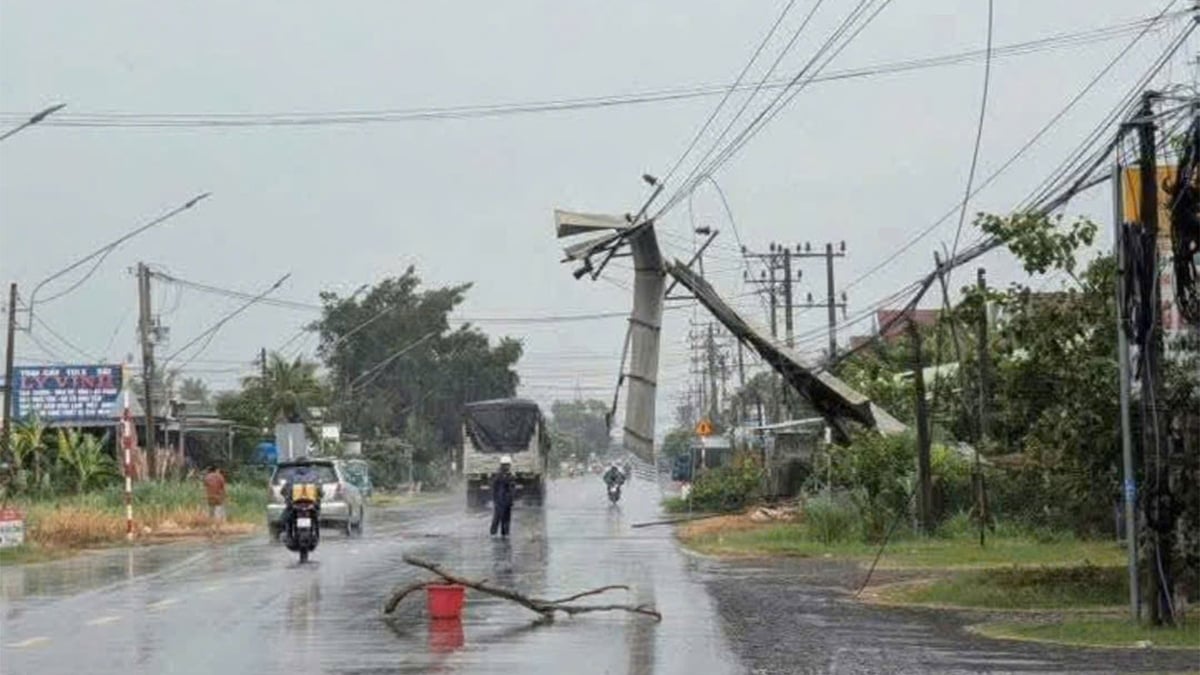








































![[Maritime News] More than 80% of global container shipping capacity is in the hands of MSC and major shipping alliances](https://vphoto.vietnam.vn/thumb/402x226/vietnam/resource/IMAGE/2025/7/16/6b4d586c984b4cbf8c5680352b9eaeb0)




















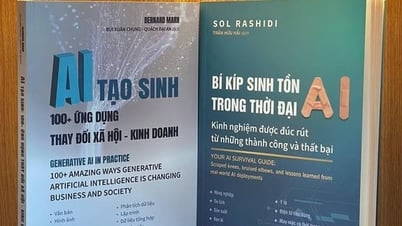
























Comment (0)